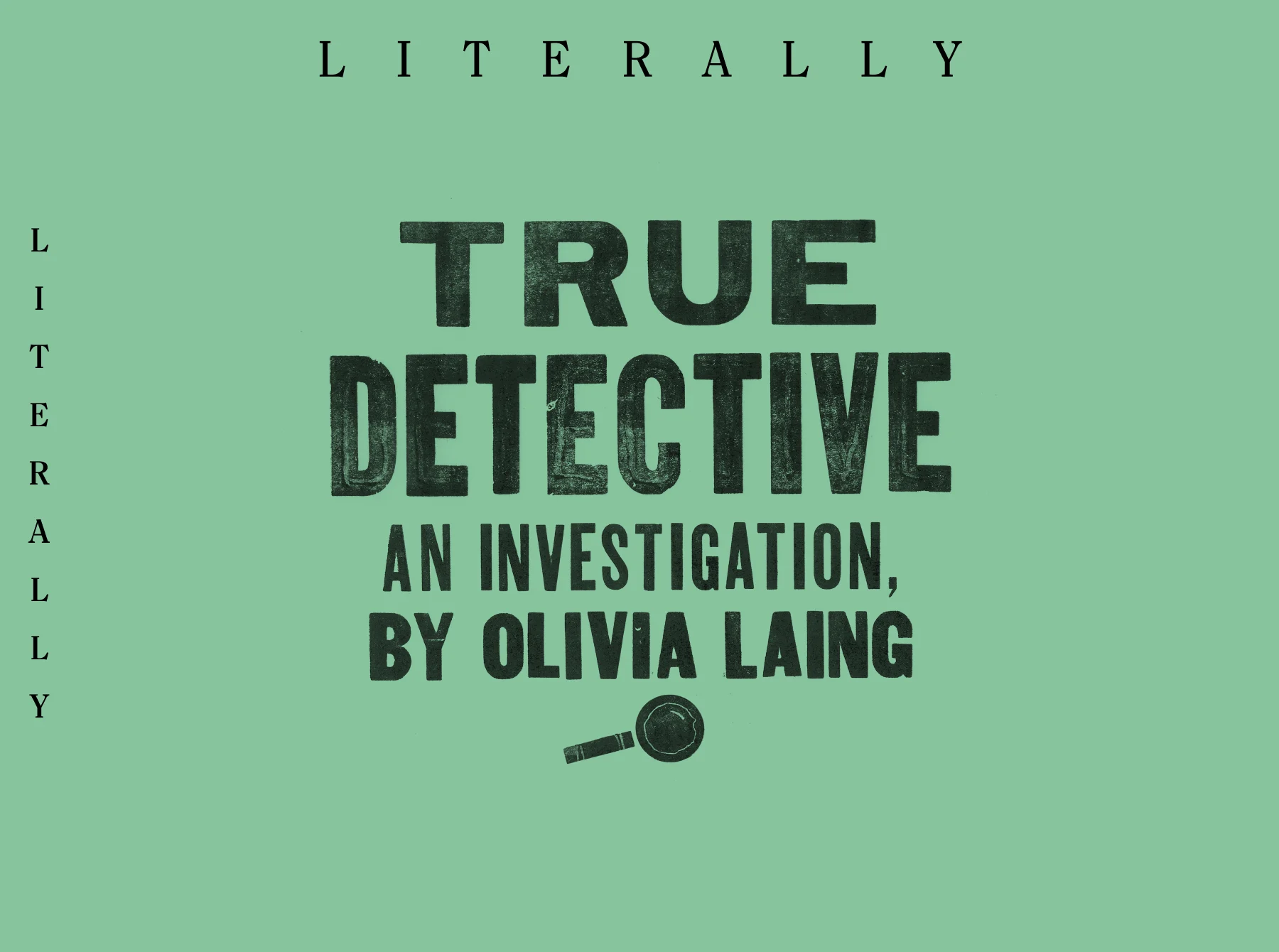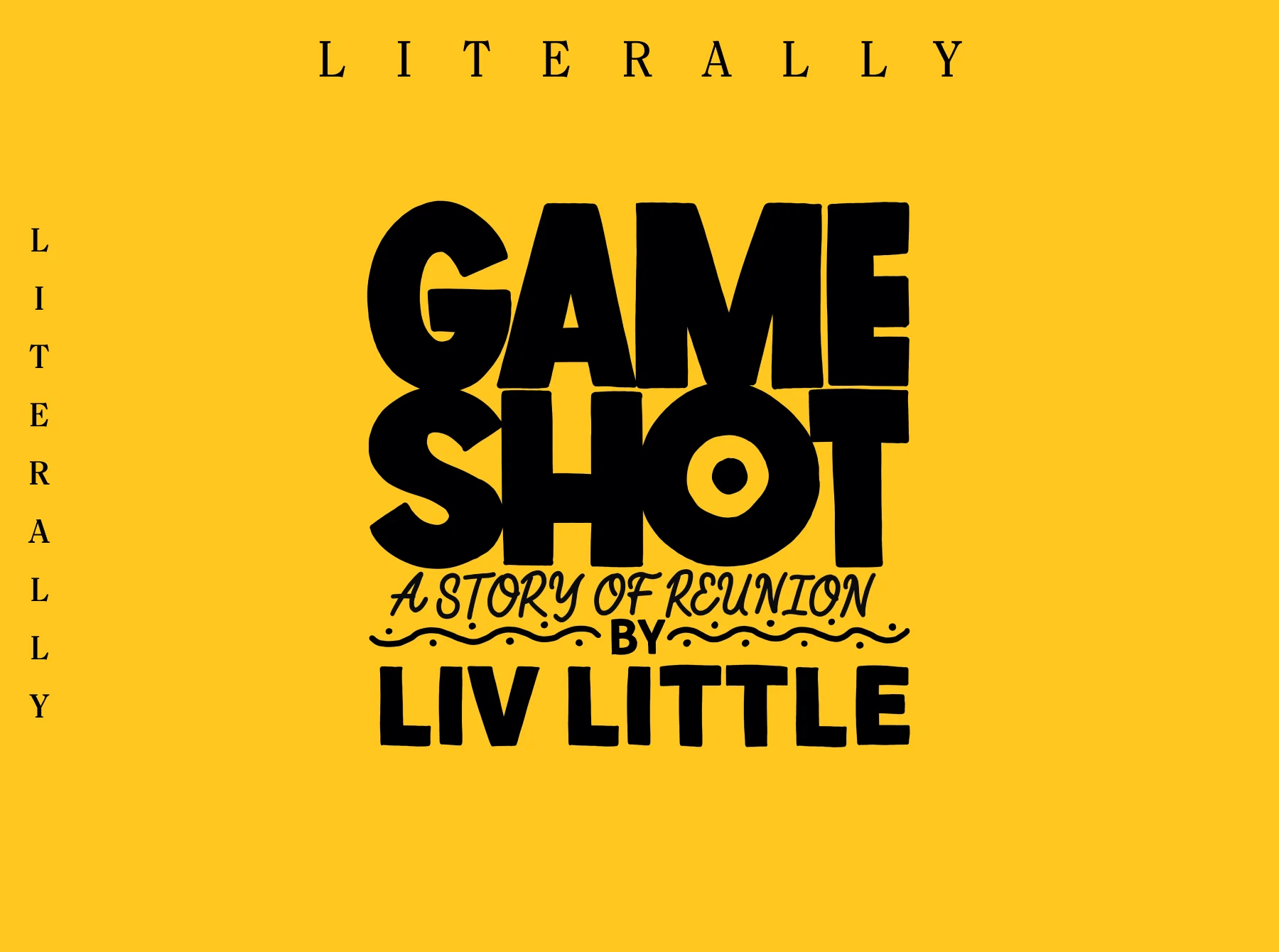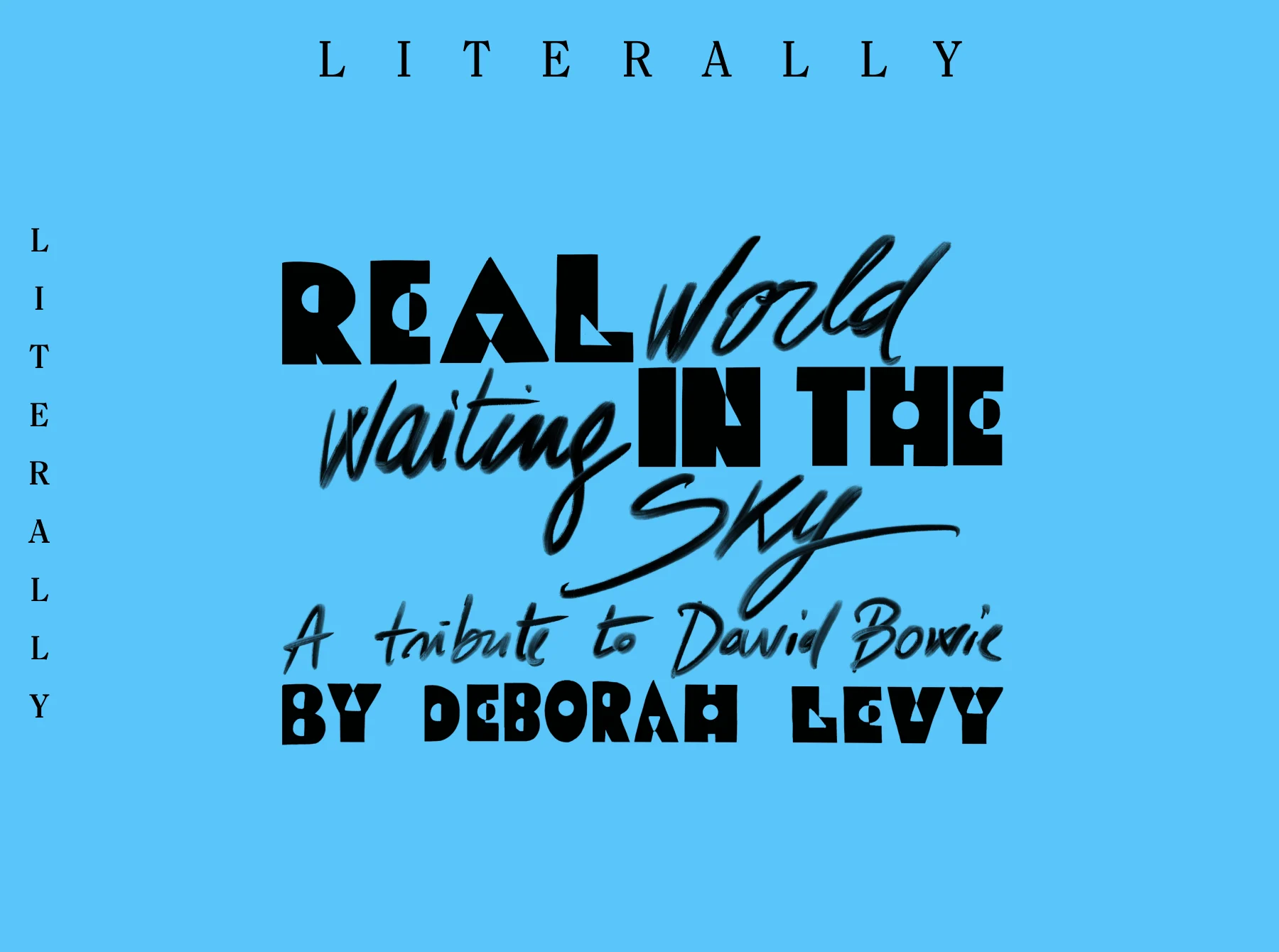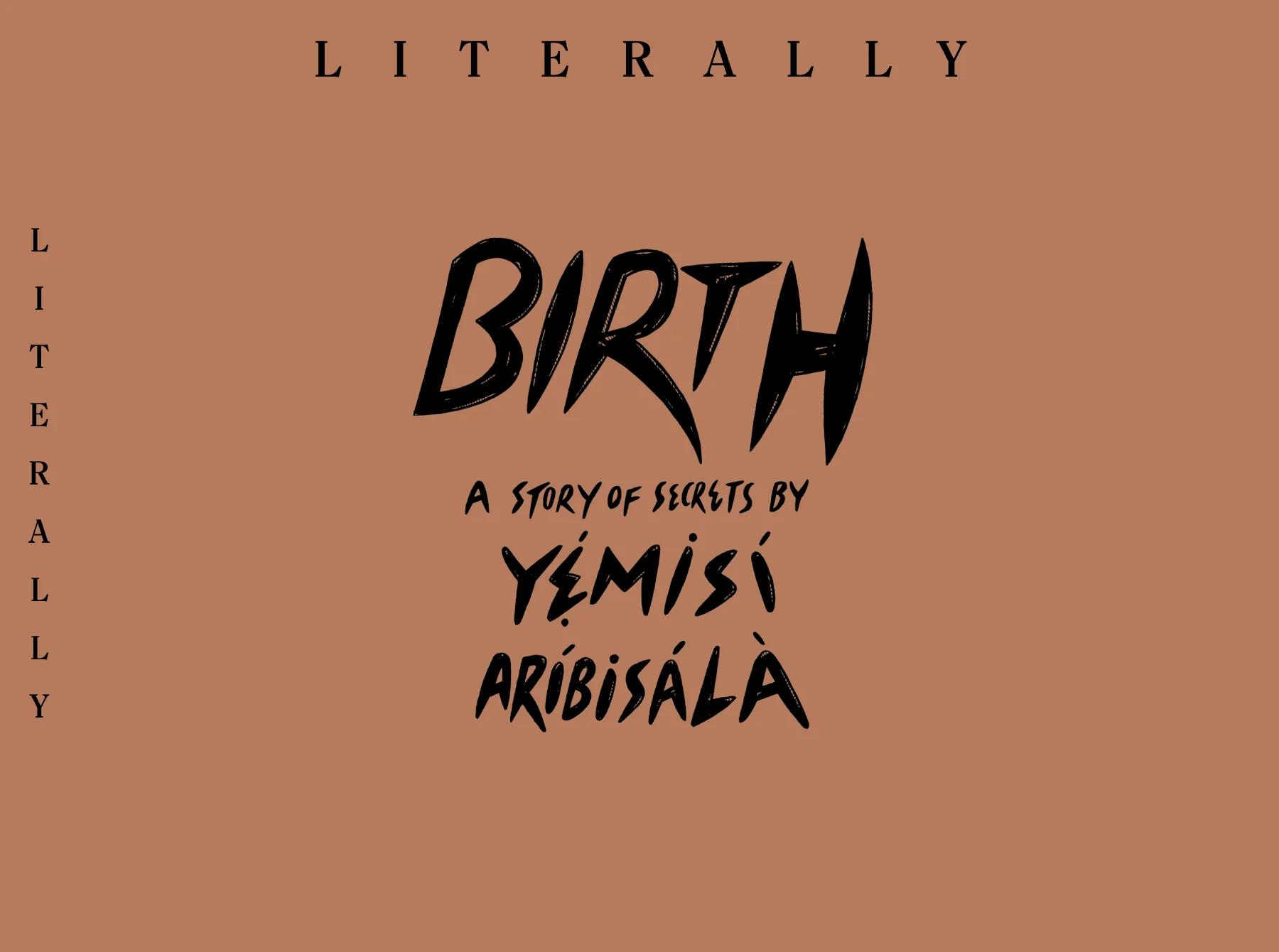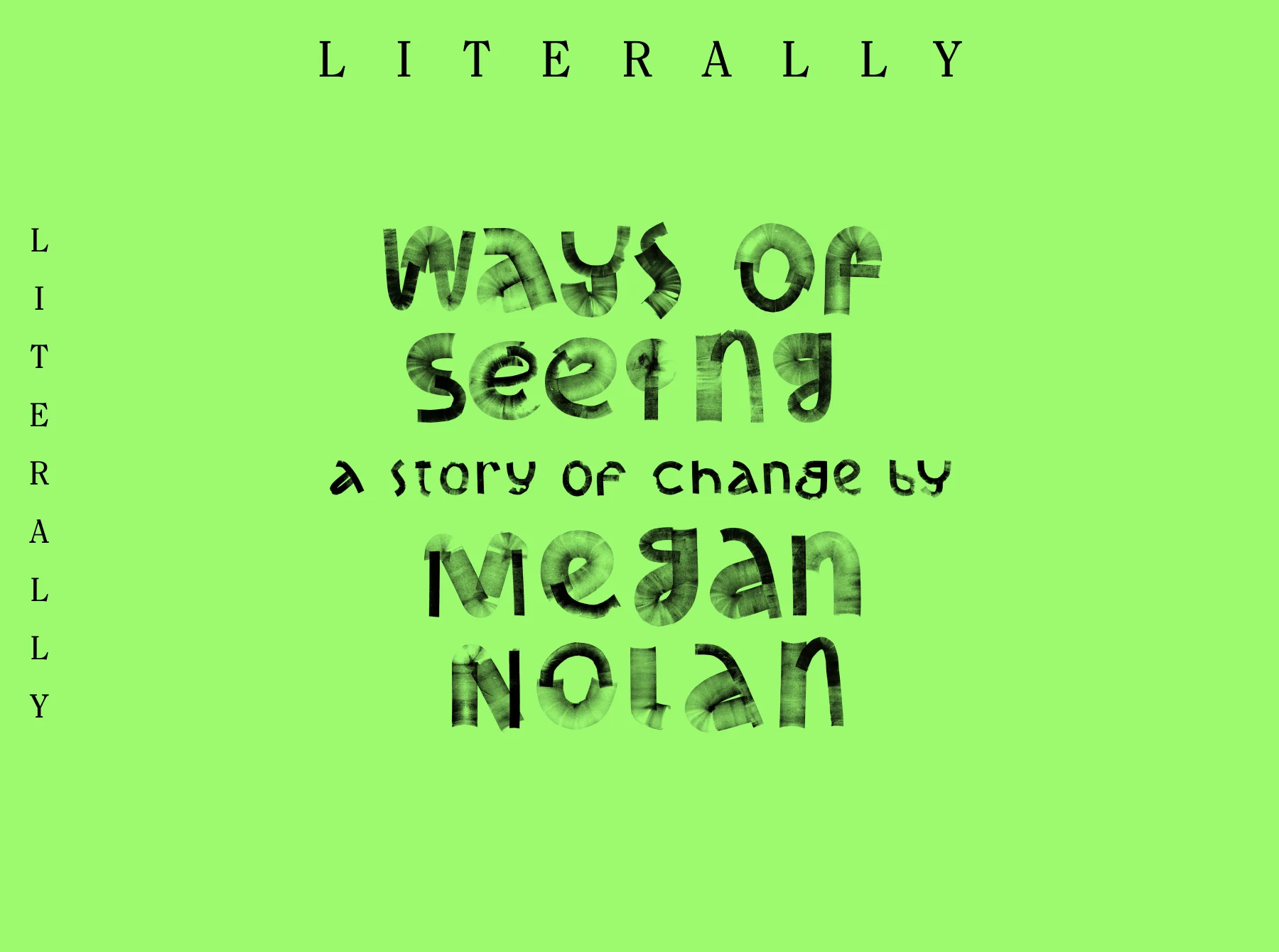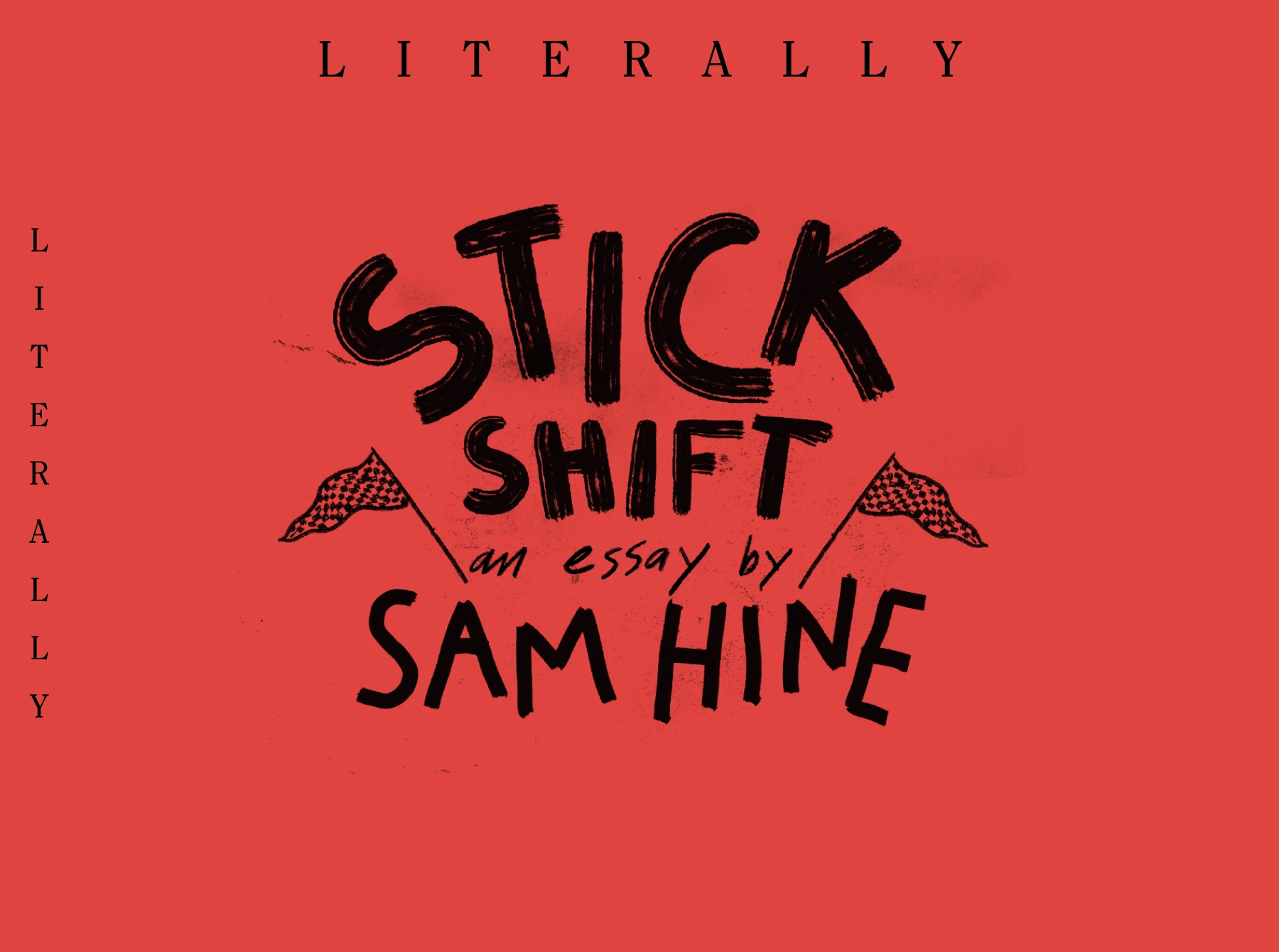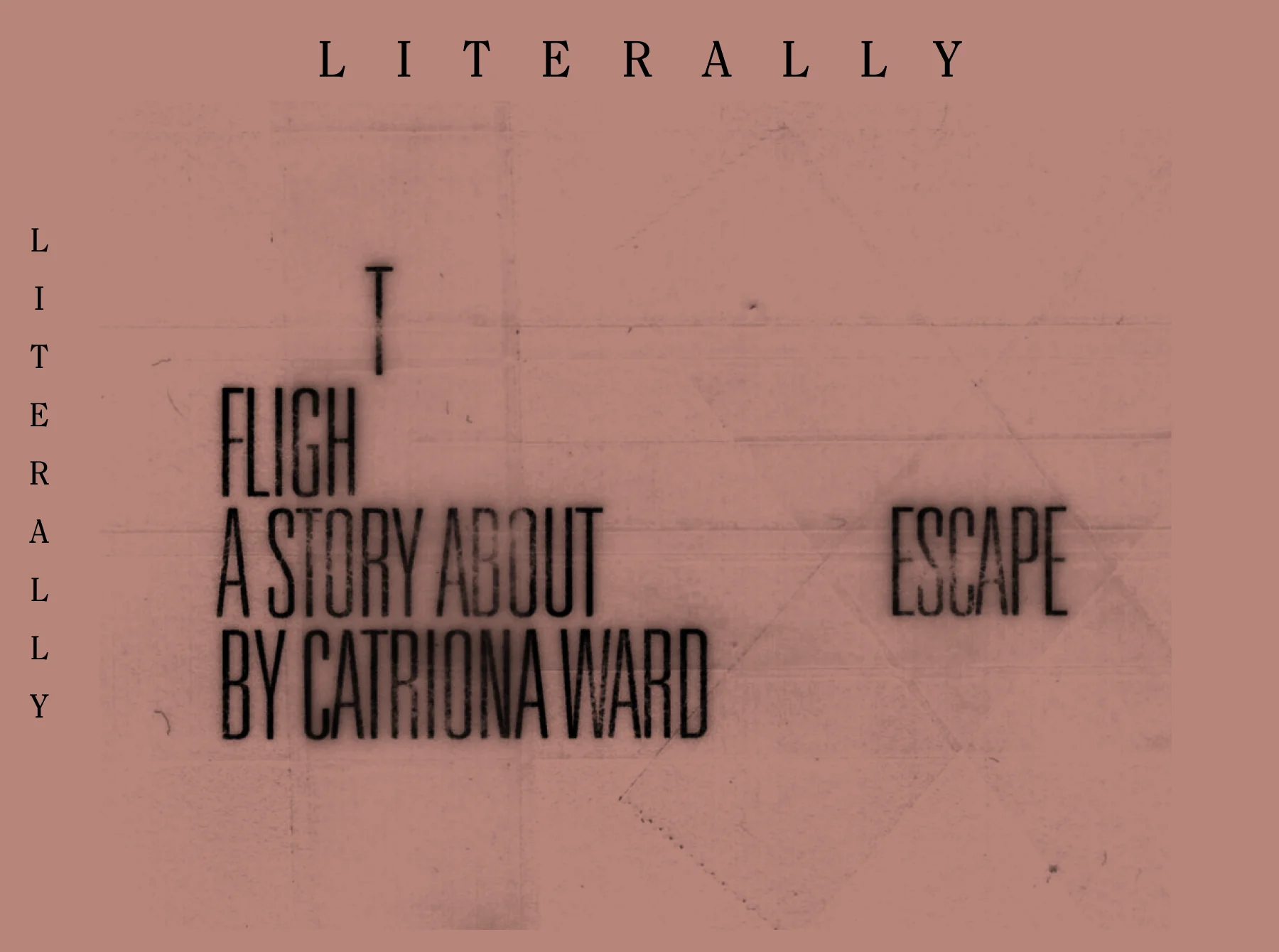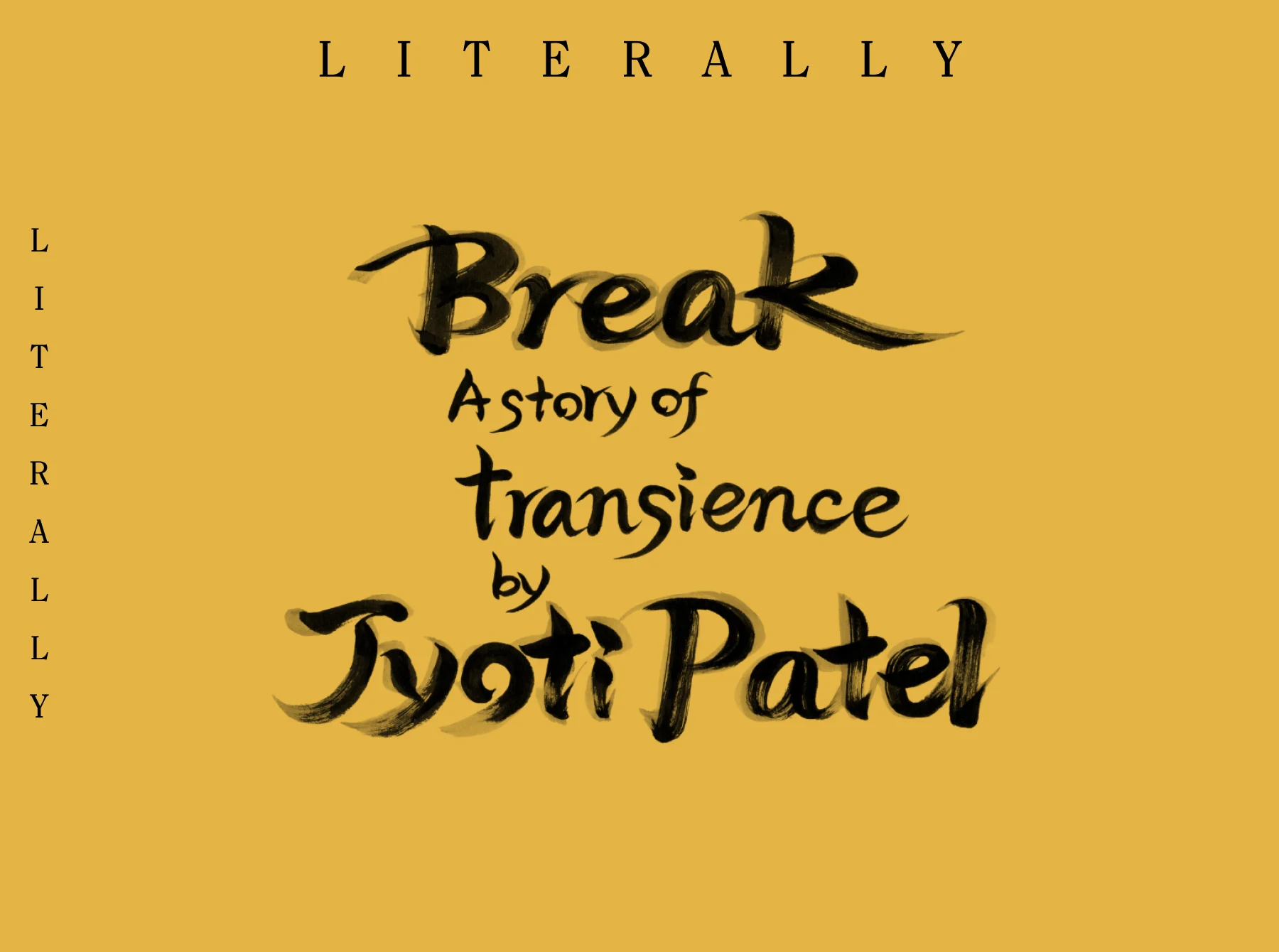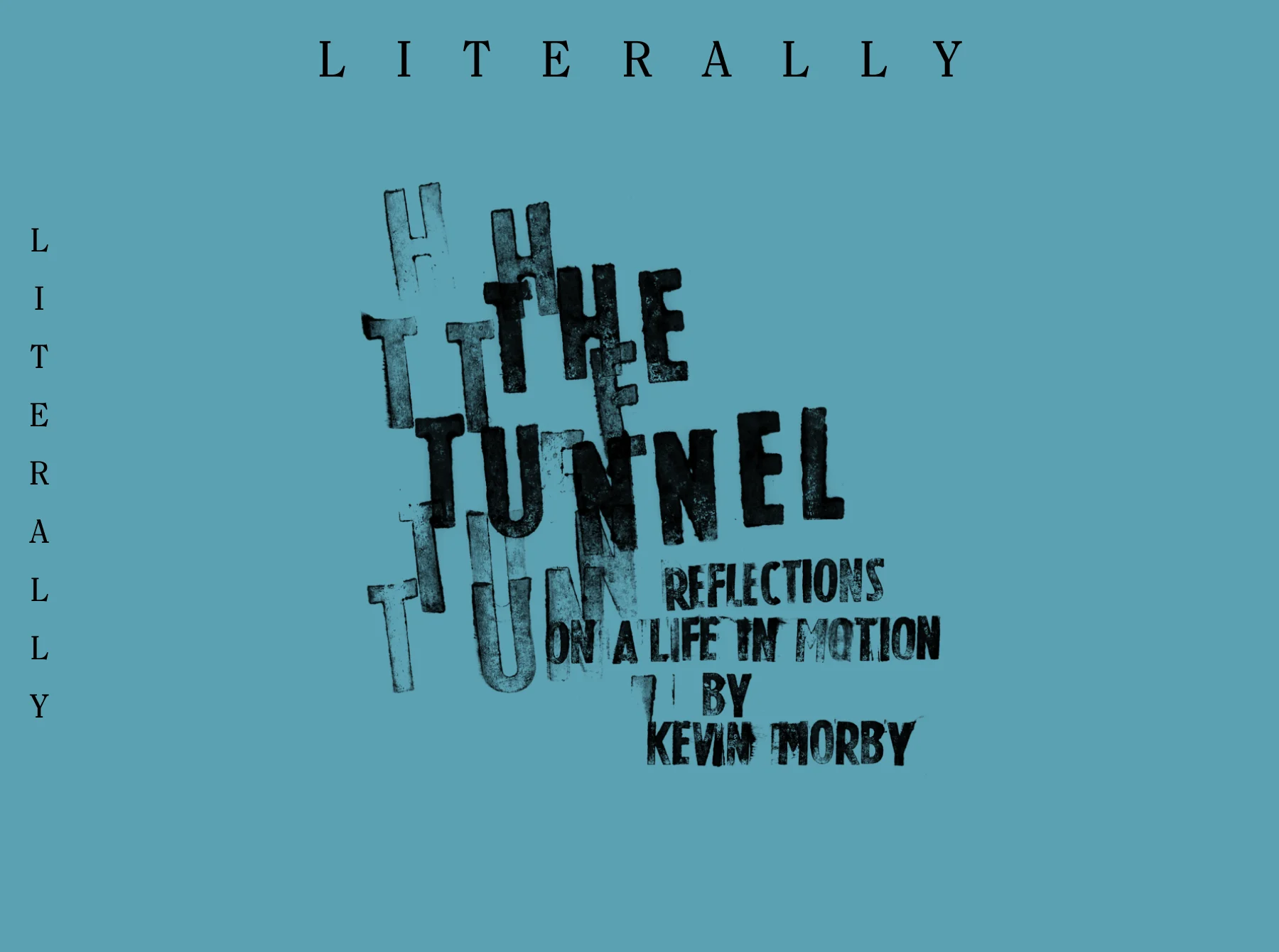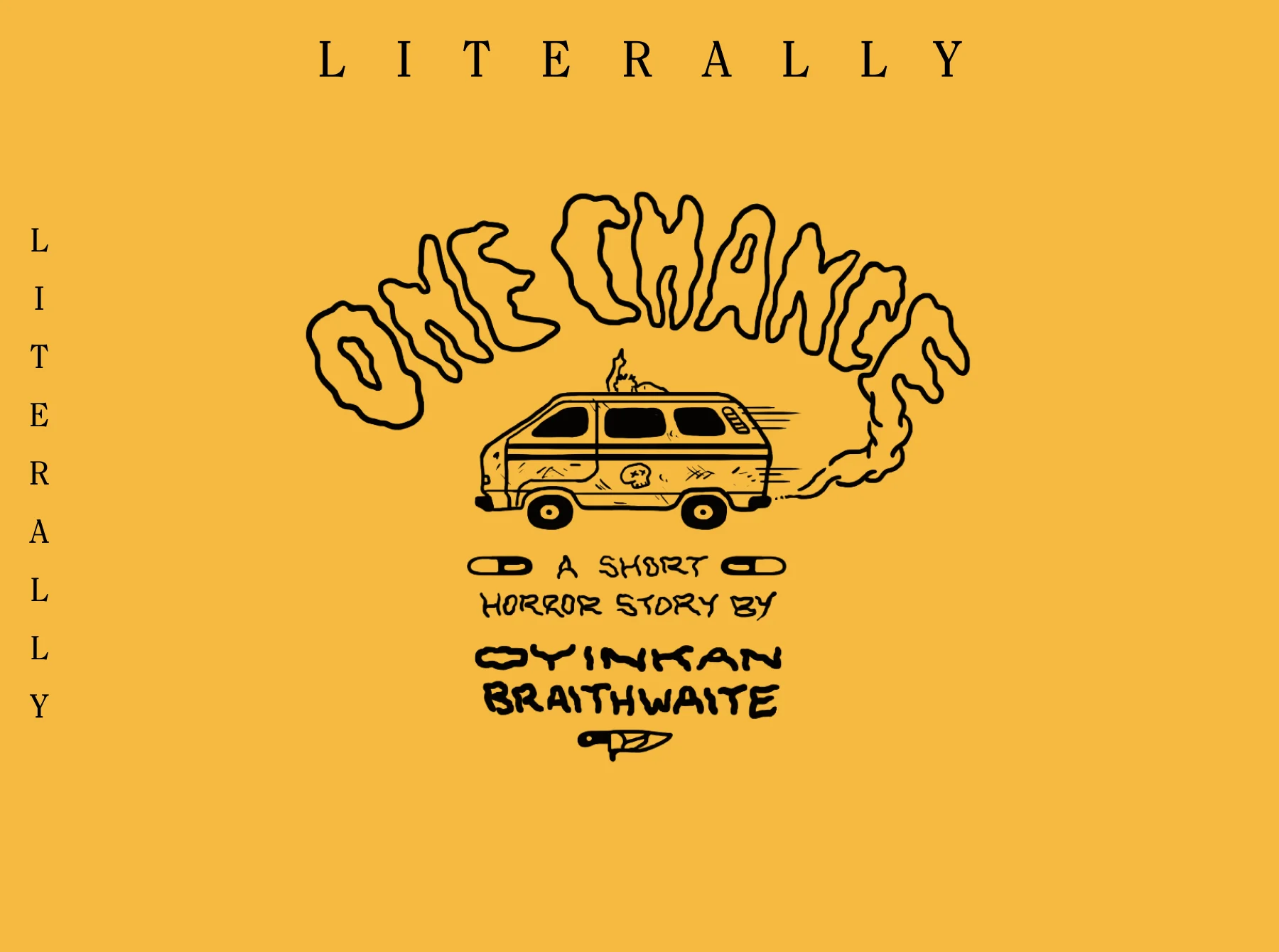

Early pandemic, March. Restaurants were closed, takeout was confusing, and the aisles of my corner grocery store were narrow, crowded, stressful. I sidestepped down one and tipped a jar of popcorn kernels and some Heinz baked beans into my basket, realizing, at 46, I still didn’t know how to feed myself. When I’d moved to New York City 25 years ago, my mother had written out recipes for simple meals on pastel-colored index cards. I’d used them as bookmarks, and ate fig bars for dinner.
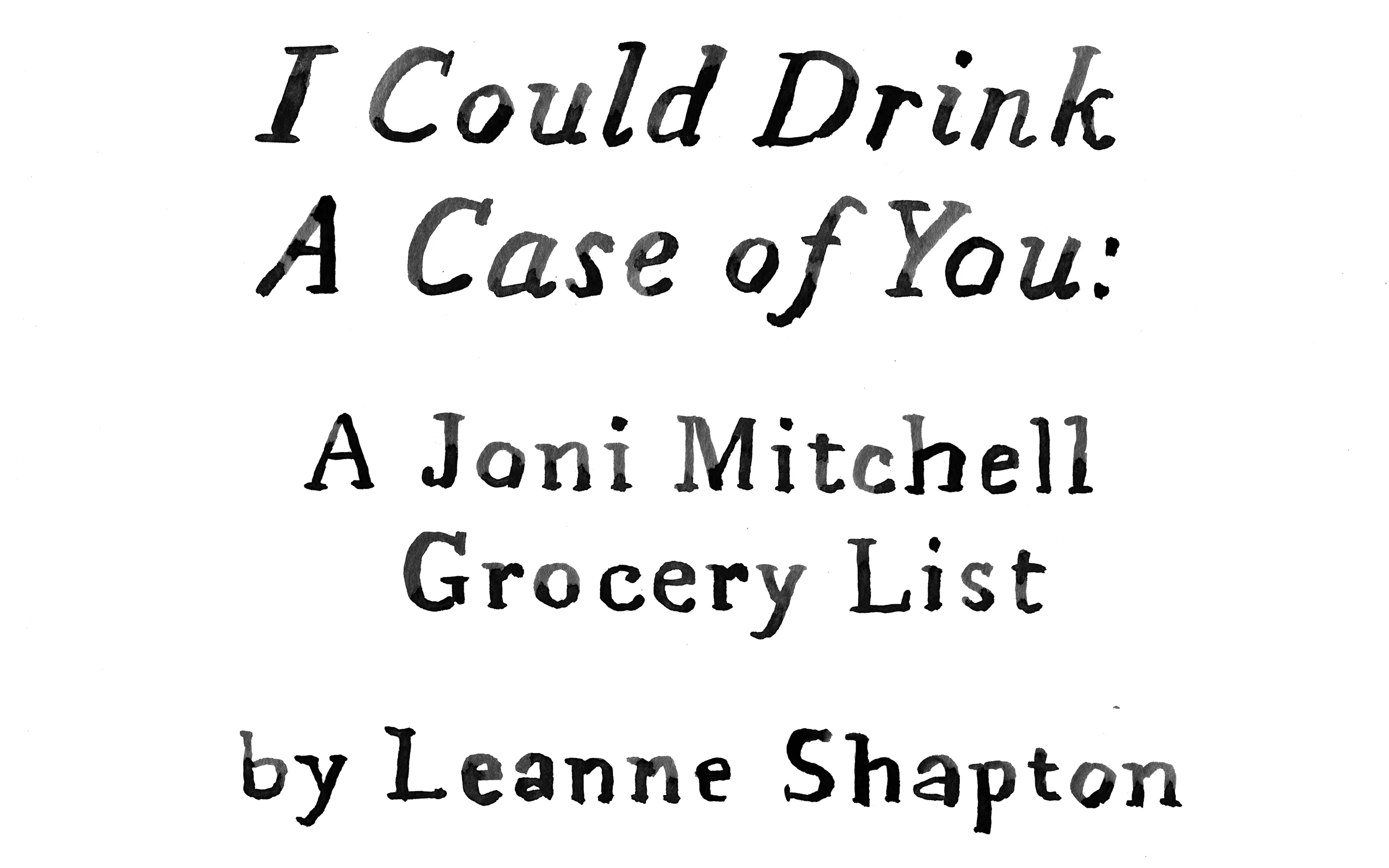
I can bake, but I’m not a good cook. I don’t enjoy it. As a child, my family went to very few restaurants. My mom made every meal and my father would, as he wiped his mouth with a napkin, sigh: “Who needs restaurants when your mother is such a good cook?” (My mom, that’s who.)
I love restaurants. I love prettily prepared food from delis, pre-cubed cheese, supermarket sushi in tidy rows, and salads stuffed into domed bowls with little cups of dressing. I love the sandwiches in grab and go places, cut diagonally and displayed, their fillings like cleavage, on the chilled shelves. I love small leather-bound bar menus and bowls of nuts. I love making toast. I love trail mix.
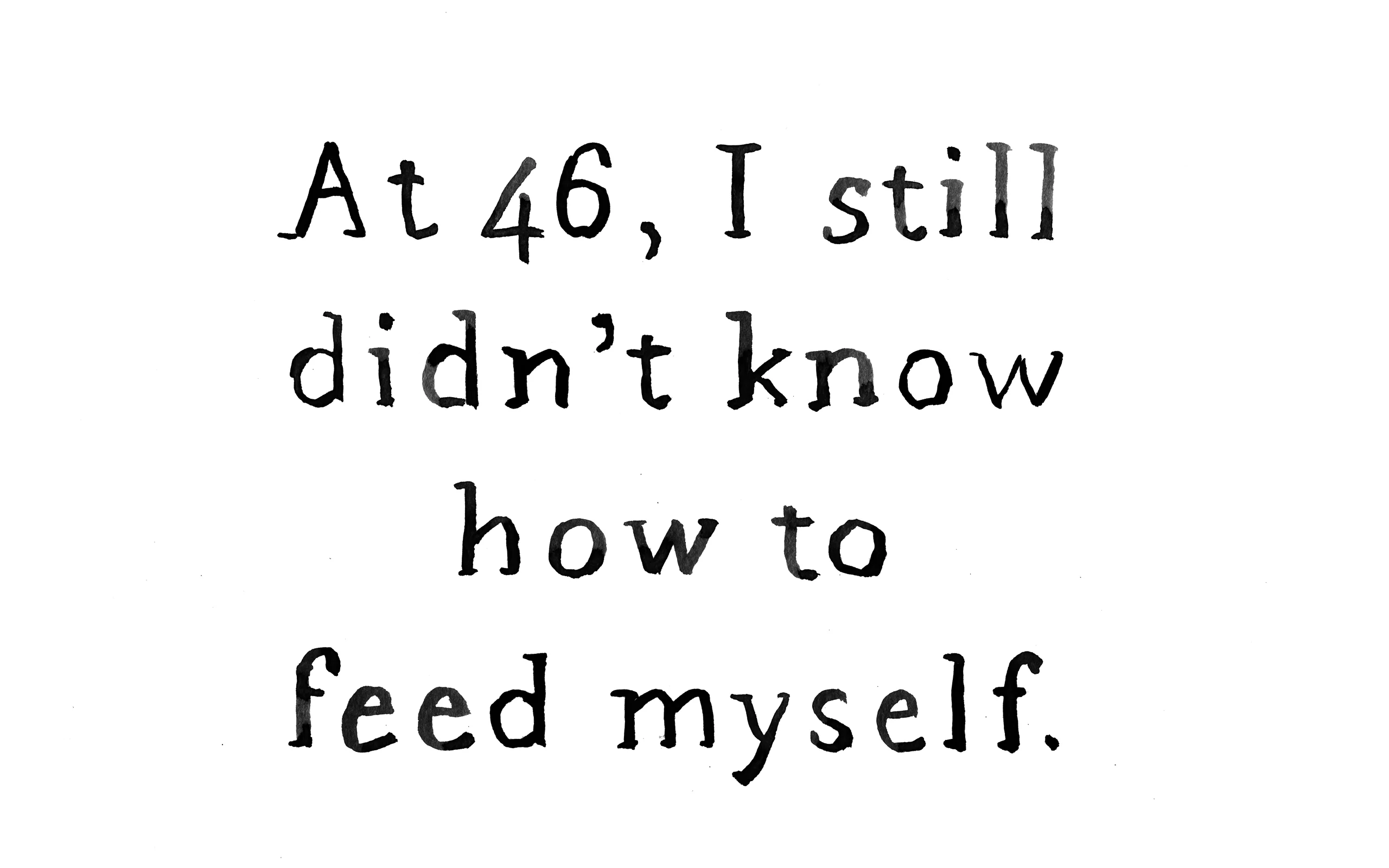
By June I had reluctantly cooked, for my daughter and myself, four fish pies and 22 plates of spaghetti. 30 simple rocket salads, and 25 bowls of maple-cinnamon oatmeal. I’d made dishes like kedgeree, cheesy pasta bakes, layered casseroles where everything was heaped into one pan, one bowl, one dish. I tried making soup, once, and cut myself chopping leeks. I made four disappointing versions of a pastry-crusted Dijon slice from my favorite café in London, and five bowls of garlicky babaganoush from my favorite Lebanese restaurant cookbook. I had never really cooked at home. My ex-husband was the foodie. When we divorced I went to town, very literally, on diner food.
Without that option, I craved the food of my childhood. The British call it nursery food, (who has a nursery?) but I call it… Canadian. A mix of lumberjack stodge and comforting immigrant dishes from “back home” (meaning – considering my suburban nursery school – The Dominican Republic, Poland, the Ukraine, the Philippines, Italy, Ireland, basically the Roman-Catholic diaspora). I craved fluorescent yellow Jamaican patties, donuts, food with English and French-language packaging. Farine de Blé, biscuit d’erable. I remembered a snack my best friend and I called “lune moons:” the bilingual run-on moniker we gave a semi-circle of chocolate cake full of cream. One day, using my stimulus check, I splurged on two dozen St.Viateur bagels Fedexed from Montreal.

But what I missed, really, was Canada. Being stuck in my apartment, I longed for home. I couldn’t travel there with my daughter, despite our citizenships. So from New York I made goopy Nanaimo bars over FaceTime with another Canadian in LA, I thawed the precious Coffee Crisp chocolate bar in my freezer and cut it up into tiny squares. I listened to CBC radio for clearer lockdown projections and guidelines. Then I put Joni on Spotify.
We listened to her as we crafted and cleaned and made forts in the living room. We sung along to Blue as the rioting began in Union Square and the protesters marched along my block. I hummed to Hejira as my landlady threatened me with eviction and tweeted furiously about “the China virus.” As June waxed, the trees turned a deeper green, and I listened to The Hissing of Summer Lawns. I ached for a lawn.
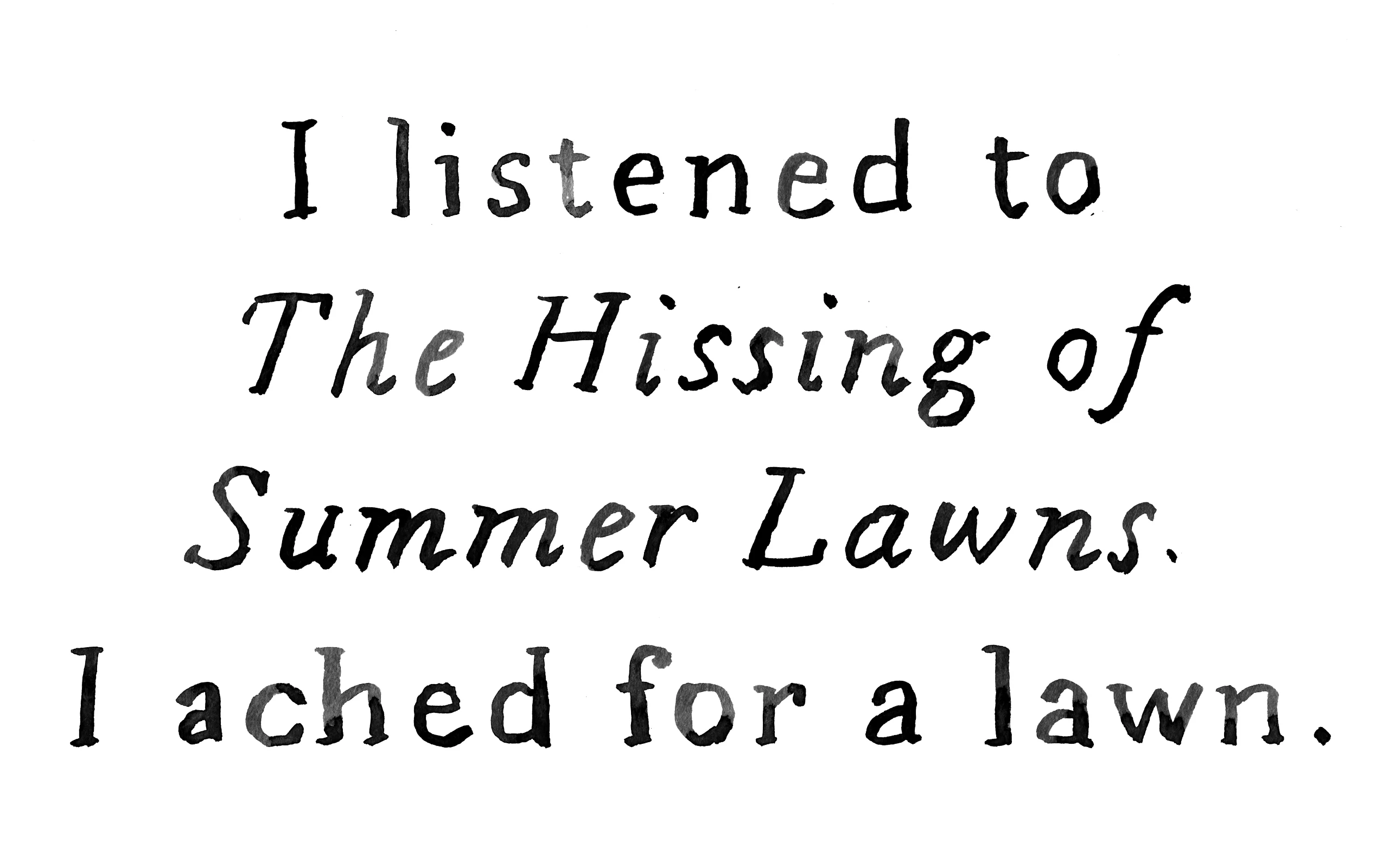
What to have for lunches and dinners became a daily puzzle. Would it be a slapped-together peanut butter sandwich day? Or would we venture out to the Filipino grocer across town, for the good spring roll wrappers to make vegetarian lumpia? Preparing meals became a sort of event horizon. I took inspiration from social media, the newspaper, vintage cookbooks and matchbooks collected from years of restaurant patronizing. I flipped through back issues of BBC Good Food magazine from 2016. At a loss one night, looking at a shopping list that read: red peppers/ fish sticks/ cherries/ I heard the lyric: “Coyote’s in the coffee shop / He’s staring a hole in his scrambled eggs.”
I added coffee and eggs to the list.
There is a song by Kate and Anna McGarrigle called I Eat Dinner. It laments aging, and loneliness, and to me, the mixed solitude particular to divorce, but now I hear it as an anthem for this new suppertime isolation.
“I eat dinner at the kitchen table,
By the light that switches on.
I eat leftovers with mashed potatoes,
No more candlelight, no more romance,
No more small talk when the hunger’s gone.”
Remembering those lyrics, I wrote: milk, Yukon gold potatoes, and butter. “Hunger is human and humans are hungry,” Mitchell sings in Song to A Seagull. I’d been looking for meal plans in the wrong places. I only needed my favorite Canadian songwriters to fill the gaps in my body and heart. I looked up every one of Joni Mitchell’s lyrics, reading them like a collection of poetry, a cookbook, her larder.
Post-election, my anxiety has turned from another four years of Pinocchio leadership to another four months of immobilization and isolation. My homesickness spikes as American thanksgiving approaches. When I hear that Joni has released a new album of archive material, I listen again for meal-planning tips. I find it (and relevant political comment) in her covers of Woody Guthrie, his pastures of peaches and prunes, also death and deportees. Also in Gemini Twin: “I will bring music and marzipan bars / And live deep inside you/ Wherever you are.” As I plan a small meal – a deux – with my daughter, her line “linen table clothes all stained with wine” from Day After Day makes me miss making place cards for as many guests and ex-pats as could fit around the table. I pour a glass from a re-corked bottle of red.
I make my grocery list.
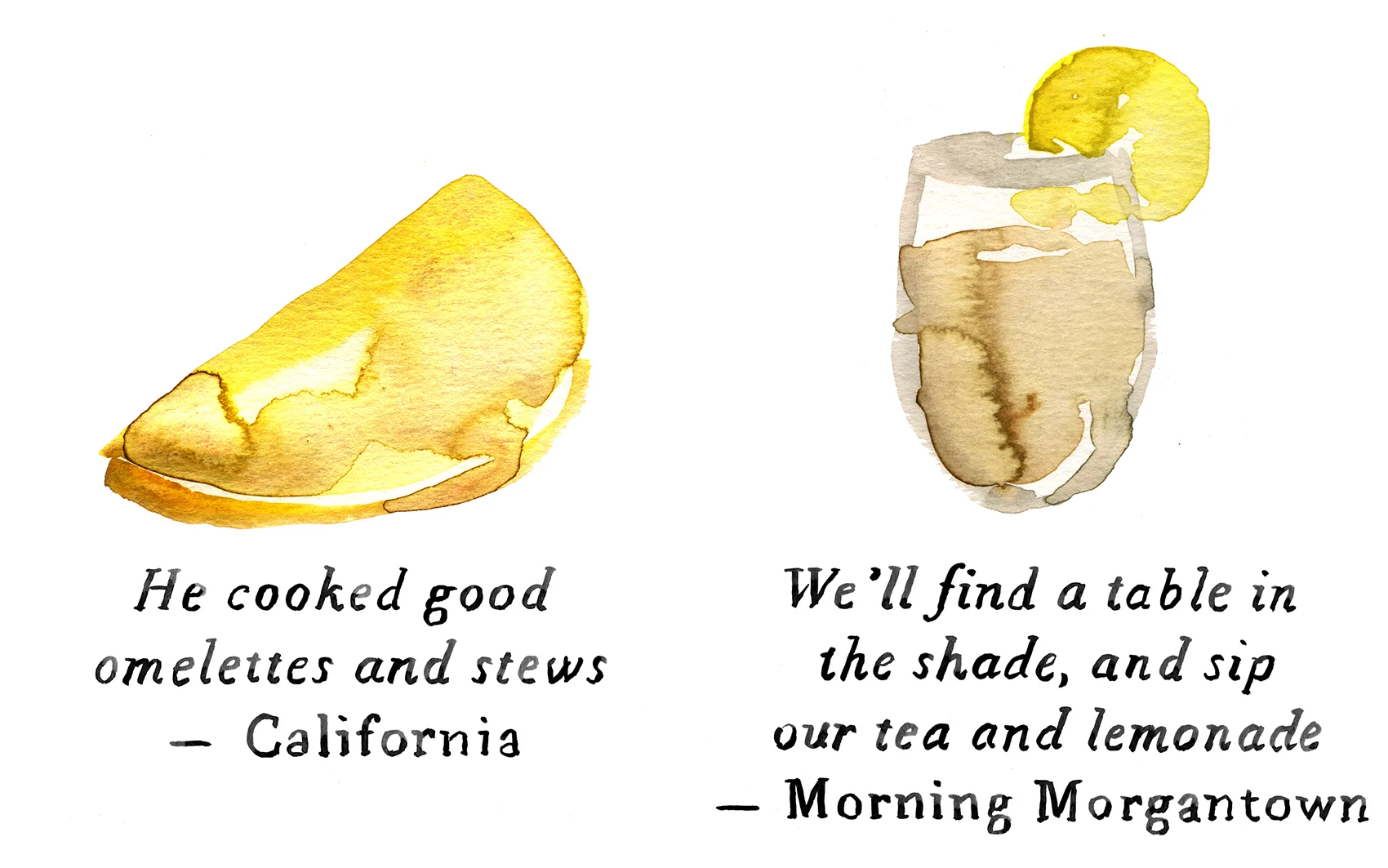
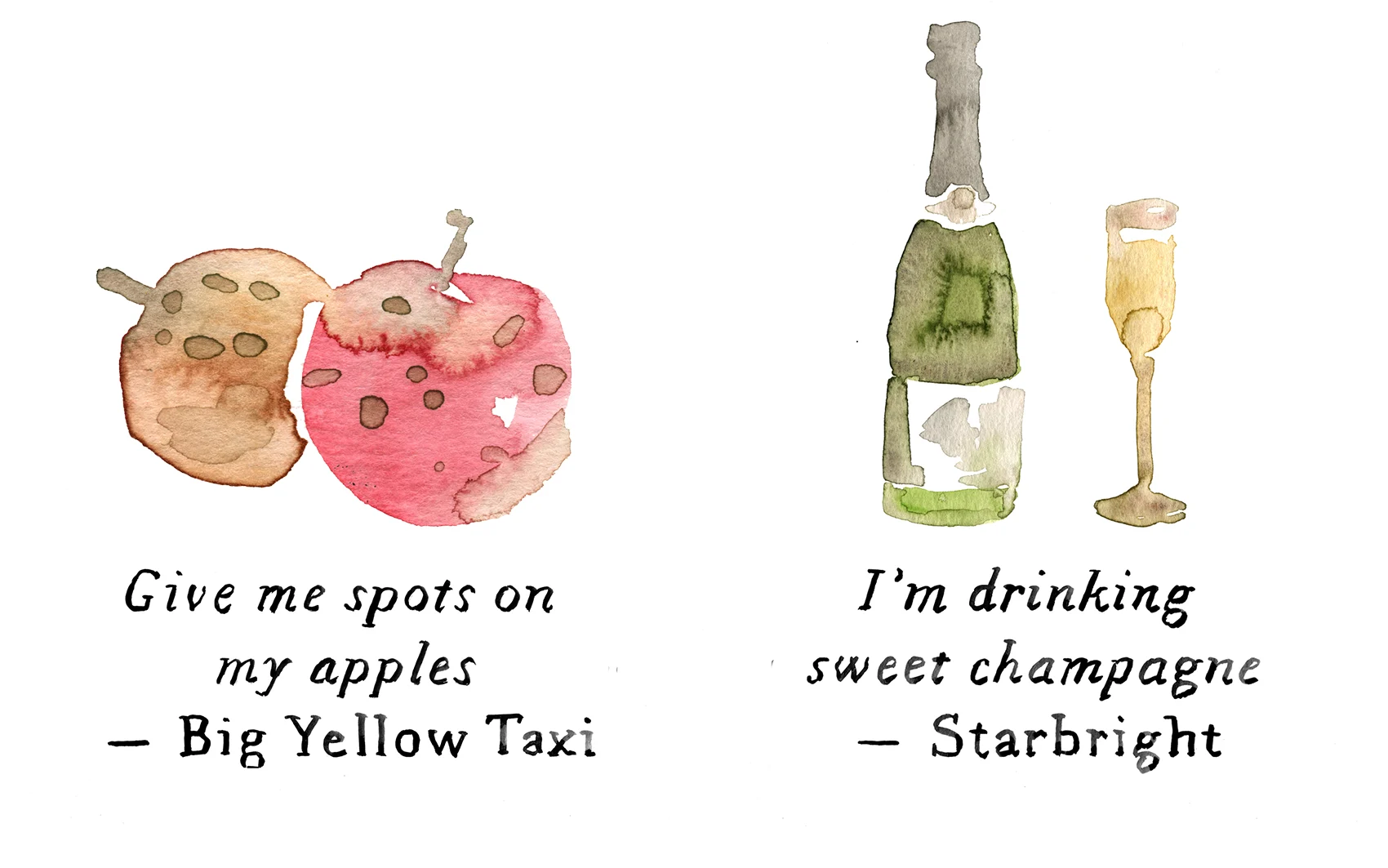
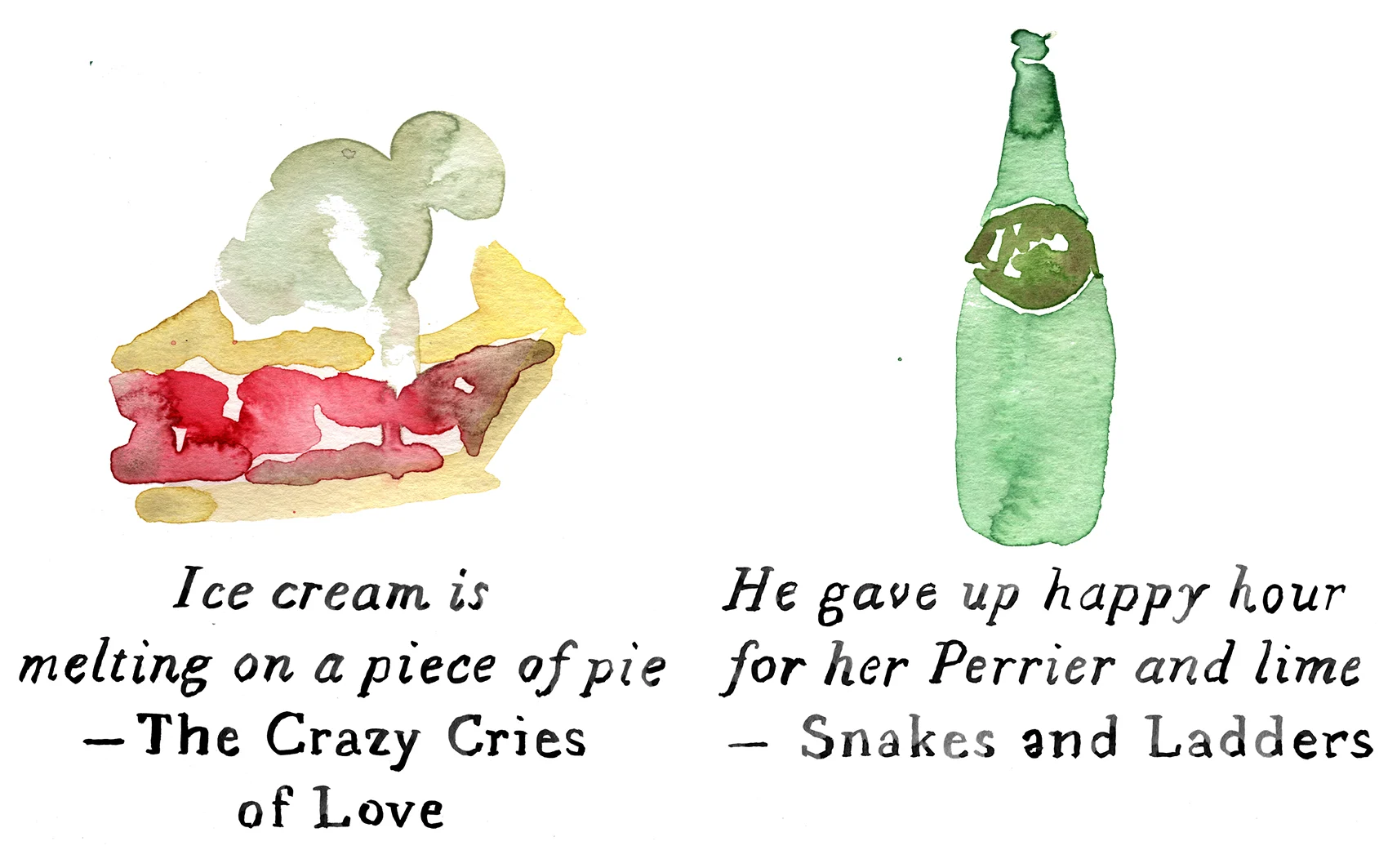
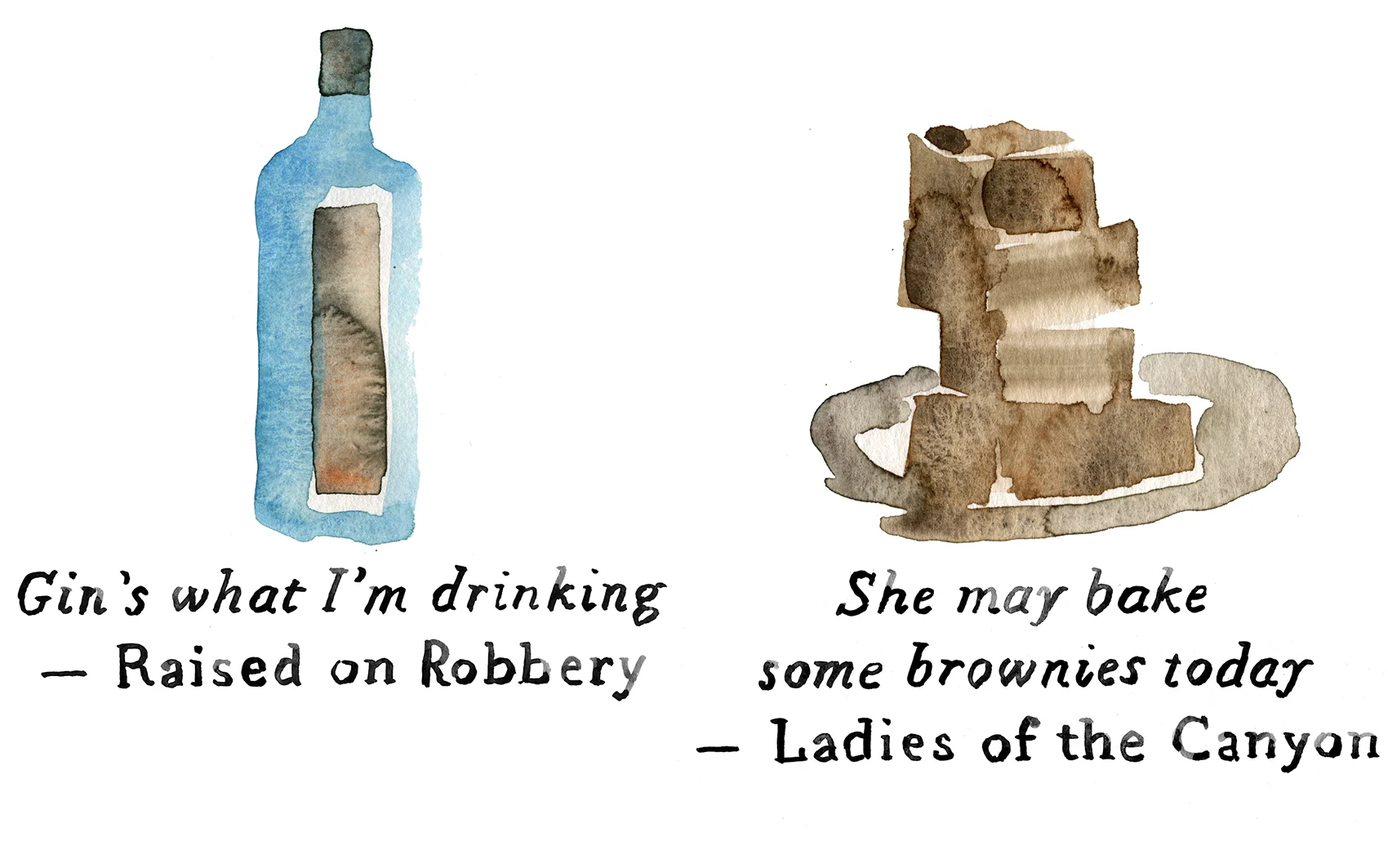


Leanne Shapton is an author, artist and publisher based in New York City. Her book Swimming Studies won the 2012 National Book Critics’ Circle Award for autobiography. Her most recent book, Guestbook is a collection of image-based stories. Shapton is a fellow of the Royal Canadian Geographical Society.
If you enjoyed this piece, Leanne recommends you seek out The Nightingale, an unmissable and necessary film directed by Jennifer Kent about bullies, greed, women and men, race, and obliquely about America (even though it is set in Tasmania). Moms by Yeong-shin Ma, translated by Janet Hong: a Korean graphic novel about wonderful, badly behaved mothers. Also The Quickening, an album by guitarist Marisa Anderson and Drummer Jim White: a spare and brimming study in improvisation and collaboration.
Literally is WePresent’s slowly expanding library of written commissions by some of the best writers in the world.
The hand-drawn typography on this page was created by Leanne Shapton herself.


